So, what then, why then, do we kill? Why do we hate? Why do we do these horrible things to ourselves as a self aware sentient species? The Documentary explored this – that we are very much wired for survival by our evolutionary heritage. Our Limbic systems are wired for survival, for finding food, for procreation, for fight or flight. However, as self aware intelligent species, we have the capacity for Love, for culture, for science, for learning, for growth beyond imagining – we imagine. And we also Hate. Carl Jung’s idea of the Shadow self that we are uneasy with, the dark, survival oriented, aggression that is in all of us – we perhaps project it outward – no, not me, I can’t be like this – he’s the demon, he’s the bad guy, he is the focus for all my aggression…I am good, I am saved, I am superior. And when we are told that we are threatened by the Other, when we are told that the Other are monsters, we hate. We damn. We kill.
So, what about the other half of the documentaries title – “Dialog of Hope”? Where in all these gory, pitiless, nightmare scenes does the Hope come in, when does dialog start?
The Israeli/Westbank has a growing number of Israeli and Arabs who have withdrawn from the armies and the insurgents, and have begun to sit down and talk. The call themselves Combatants for Peace. They are dialoging. They are discovering that there are no demons, only people who have been trapped in this cycle and that there is a better way out – they have begun a school for Israeli and Arab children together, so that they can play together and learn together and grow up without hate and talking to each other and finding their best friends among each other.
The US troop who lost one of their members to the Iraqis, later found themselves teamed up together in a mission against Al Qaeda with the very men who had most likely killed their buddy. It was hard going, but they sat down and talked and slowly realized that they we all people, more alike than different, able to talk, able to understand that they did not have to hate each other, that they both had friends who had died because they were caught in the machinery of war, but they did not personally wish anyone to die or to kill each other. And they became friends and teammates together.
The Westboro Baptist Church founder, Fred Phelps has a stunning unknown past. He was a Civil Rights Lawyer who in the 60’s took on many Civil Rights cases for the black community and won. He is honored by the NAACP. During that time, he and his family were called nigger lovers and suffered abuse at the hands of the community, as he fought the Jim Crowe laws.
And then there in the movie, there is the story, in his own words in an interview, of the White Supremacist who went into a gay church to plant a bomb on a Sunday morning which would have killed close to 100 people. He sat there, in the service, brief case in hand with the bomb…and looked around and thought, these are people just like me. They are here to be close to God, just like I do at church. How can I do this? And he turned to his buddy who was with him…and said, “Come on. Let’s go.” And walked out, taking the un-triggered bomb with him.
It was an amazing night, all told, with the counter protest and the incredible turn out, and getting to actually hear and speak to Mike Ramsdell (you betcha I got the DVD autographed!) and seeing this amazing Documentary. In the end, the fact that the Westboro Baptist Church and their picket weren’t there became irrelevant. What we came together and shared became so much bigger, and I suspect many of my classmates and fellow students left that documentary and that event with their lives changed. I am honored to have been a part of it, and frankly…
Westboro, we're sorry you weren’t there…you missed something really amazing.
We missed you!















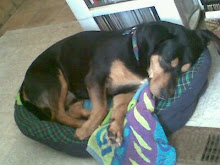









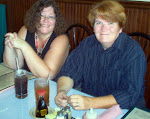


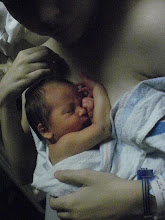

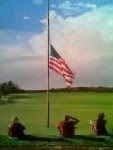







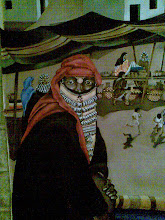








Obviously a powerful experience! Thanks for sharing your observations with us!
ReplyDeleteThanks again for sharing this experience. I look forward to watching this film!
ReplyDeleteI don't know that I can go far as Cameron. I was disappointed that Westboro wasn't there. I would like to have seen the face of the people who would damn the relationship I hold sacred.
ReplyDeleteOn the other hand, I was also relieved. I found it disturbing enough that members of our own community showed up to SUPPORT the folks from Westboro. I didn't need more than them.